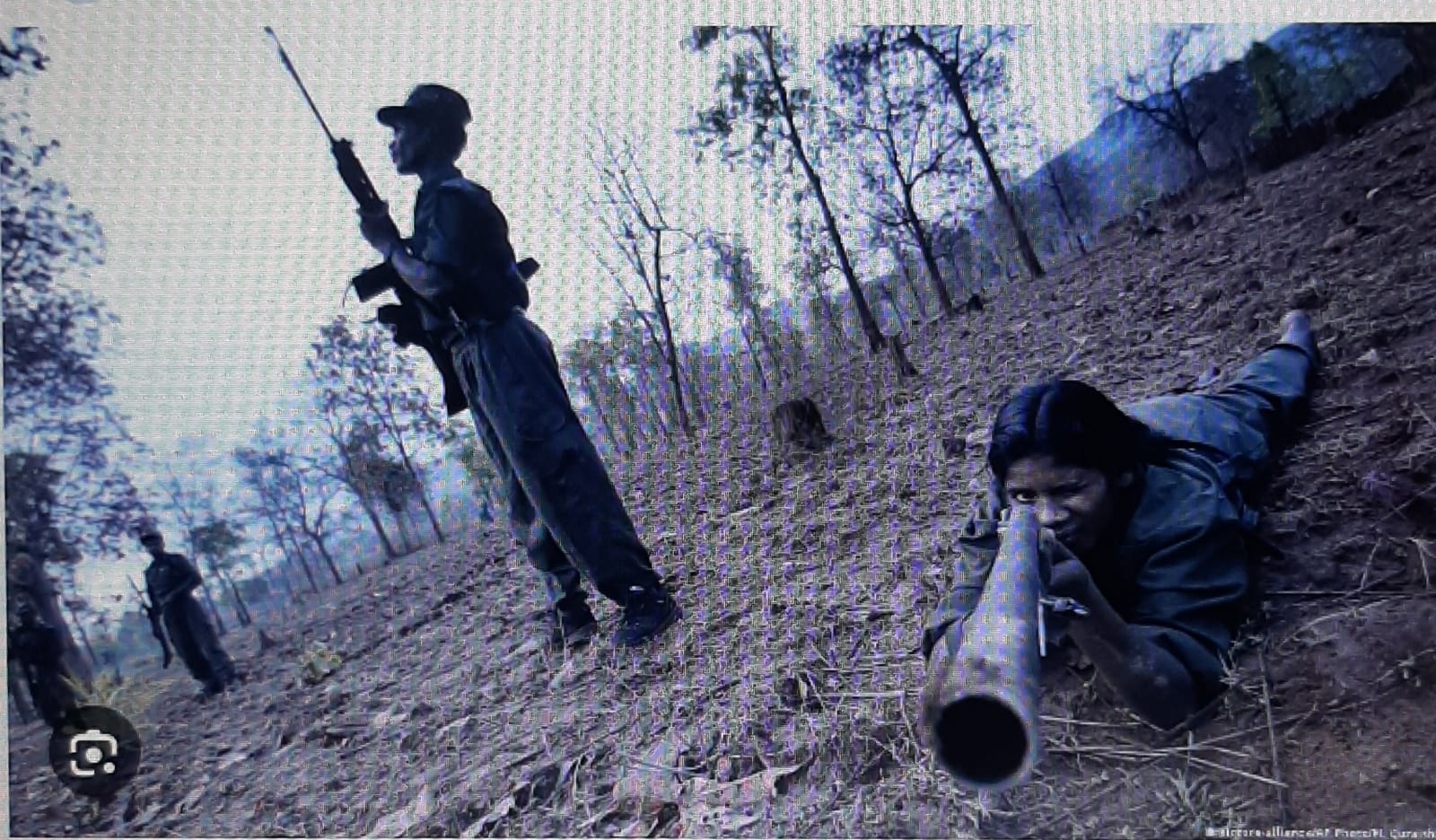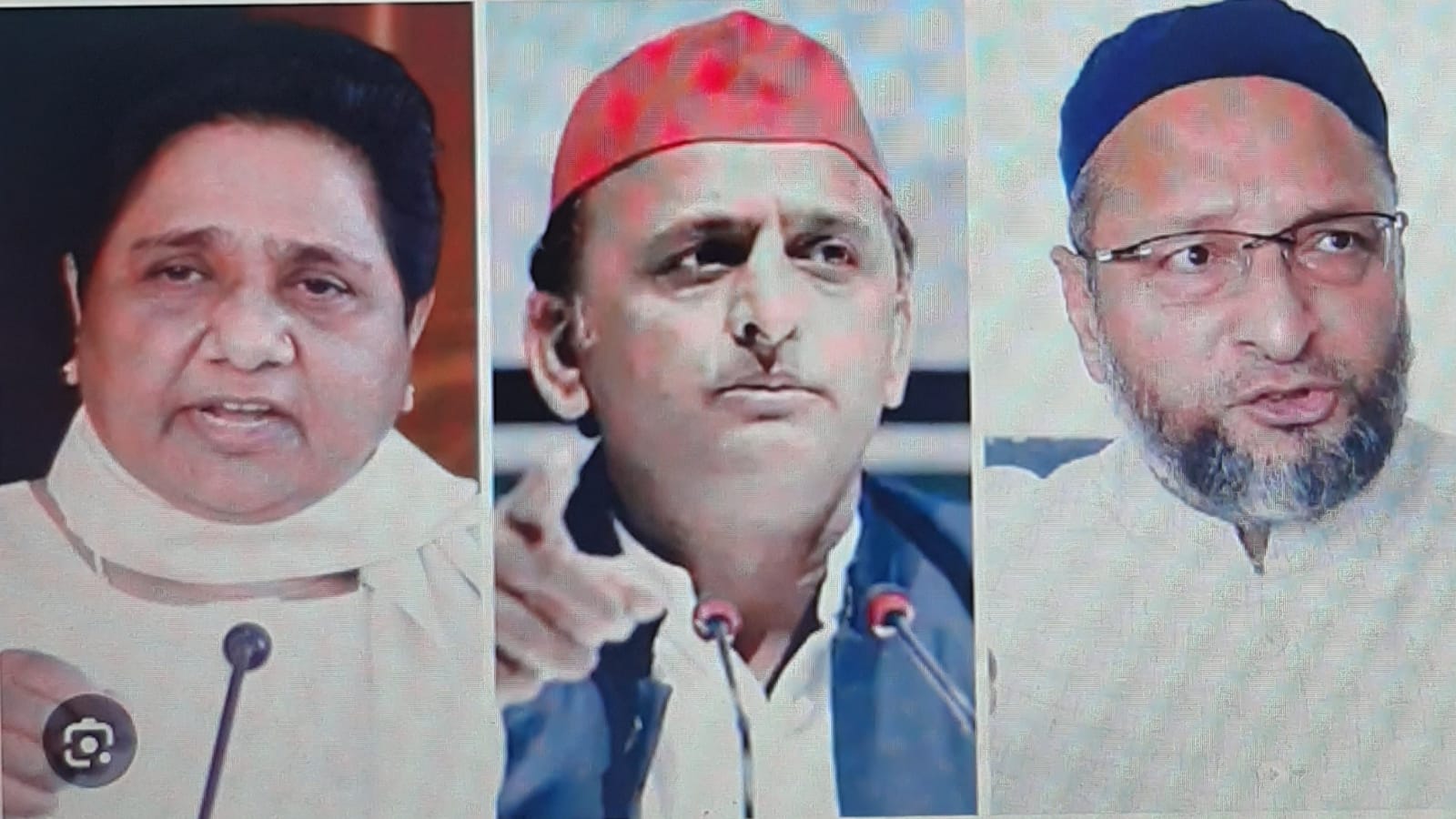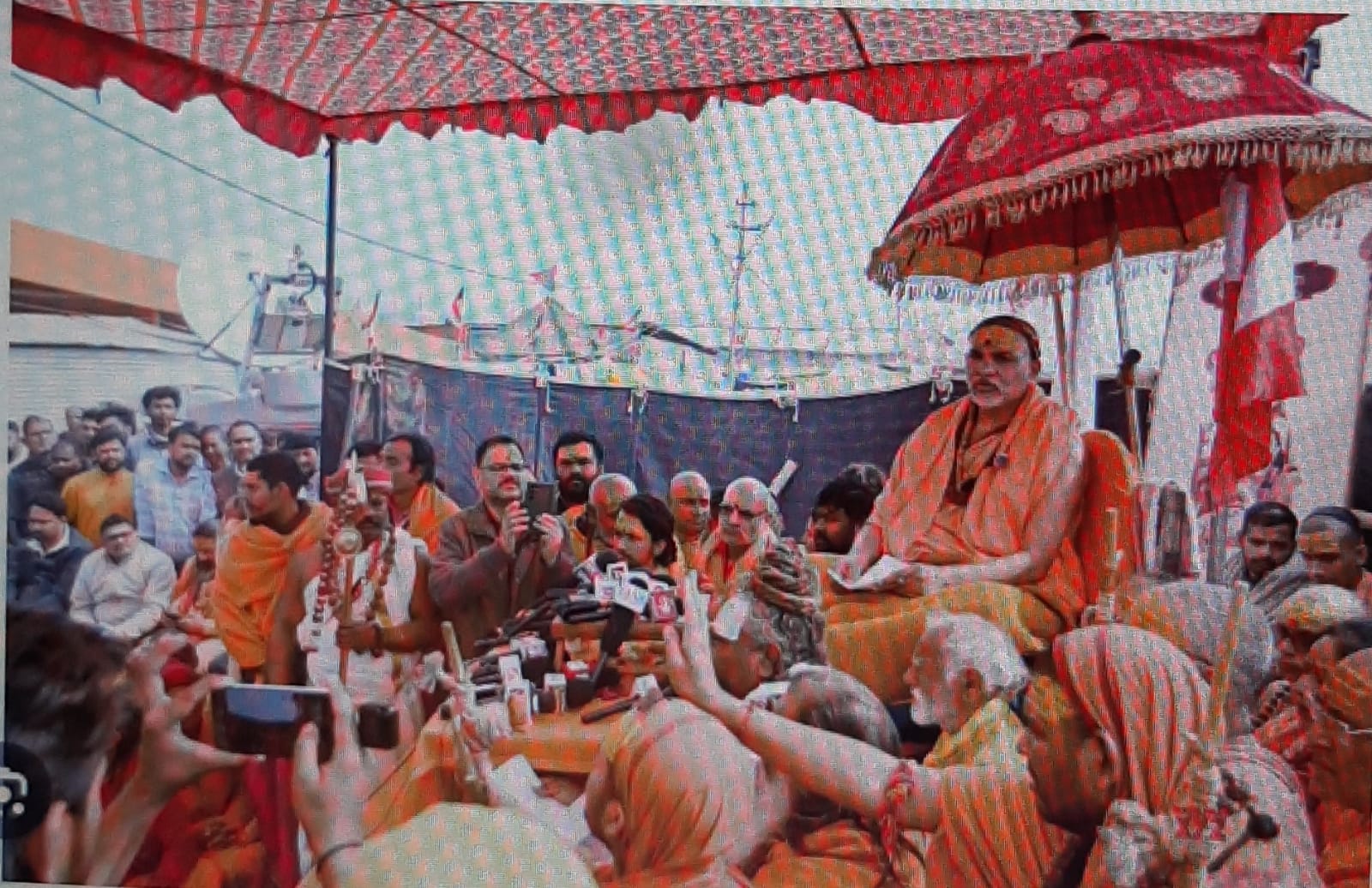
How seriously corruption in our system has influenced our lives is an issue that has not been documented properly.
VS Pandey
Even as India is passing through multiple crises, the results of the Bihar assembly election have provided an opportunity to the people to ponder over the ways Indian politics is being conducted. Over the decades, the politics of vested interest pursued by political organisations of various hues have pushed aside people-oriented politics. While misleading sloganeering has overtaken real issues, the masses living in abysmal conditions are in a fix as to how to improve their plight. With every electoral exercise either at national or state level, the developmental agenda takes a back seat and all kinds of divisive agendas are pushed ahead. Bihar assembly election was no exception.
It is unfortunate that while the world is moving ahead, the Indian nation is caught in a quagmire of problems filled with hatred and acrimony against each other. At a time when the country has been facing immense socio-economic problems, corruption and mal-administration have been holding its octopus-like grip over the entire system. How seriously corruption in our system has influenced our lives is an issue which has not been documented properly. People generally complain about corruption but fail to gauge the real impact it has had on our lives. Time has come that people are told about it in detail and not in general terms as has been done. The problem has assumed such alarming proportions that nothing less than a total war against this malaise is going to change the situation for the better.
India is endowed with the most fertile land available anywhere in the world. We also have the largest arable irrigated land in comparison to any other country. Our water and other natural resources are comparable to the most advanced nations in the world. The quality of our human resource is second to none. We are a democratic country and freely exercise the power and authority to decide our own future. Despite all these positive factors, why do we not perform as well, if not better, than some of the other less endowed countries who became masters of their own destiny almost at the same time when we gained our independence?
One can, of course, argue that the country has made tremendous progress in self-sufficiency in food production; we have one of the biggest armies in the world; we have the technological capability of manufacturing everything from a needle to satellites; our trained manpower is compared to the very best in the world etc. No disagreement with the above except the preponderating fact: We should have achieved much more than what we have done so far.
There are numerous questions that we must answer. Why should nearly 30 percent of our population still continue to be below the poverty line and be cut off from the progress we have made? Why did we fail to set up the required number of schools and colleges to enable every child to have access to proper education? Who is responsible for nearly 35 percent of our population remaining illiterate? Why are our roads and other basic infrastructure facilities so bad? Why does most of our population remain deprived of basic facilities of sanitation and have almost no access to electricity for a large part of the year? Why are our civic facilities almost non-existent in most of our 6 million villages? And why are millions homeless? We have even failed to provide safe drinking water to our population. These are just some of the crucial areas where we could have done much better like other countries which have performed admirably.
In fact corruption, mal-administration, lack of transparency in governance are core issues haunting the country but no political party is ready to discuss them. It is high time that people focus on social, political, economic and administrative reforms to abolish utter poverty and pave the way for all round development without compartmentalisation of various communities. For this to happen the central government needs to show leadership and take the state governments along and work together to get a roadmap prepared for developing our great nation.
The Bihar results are indicative of people’s yearning for change but they could not find a proper alternative. Hence, they seem to have fallen back on the ruling dispensation. The reduced number of Janata Dal (U) lawmakers led by chief minister Nitish Kumar has given enough indication about anti-incumbency against the chief minister but there appears to be no hostility against BJP which was a partner in the same government.
Henry David Thoreau in his famous essay titled “Civil Disobedience” wrote, “ I ask for, not at once no government, but at once a better government. Let every man make known what kind of government would command his respect, and that will be one step towards obtaining it.” The time has come for people to unequivocally convey in no uncertain term that they only want development minus corruption and there is no place for caste, communal and such other divisive forces in politics any more. (Courtesy: Hindustan Times)
(VS Pandey is a former IAS officer. He retired as secretary, department of fertilisers in the Government of India)









